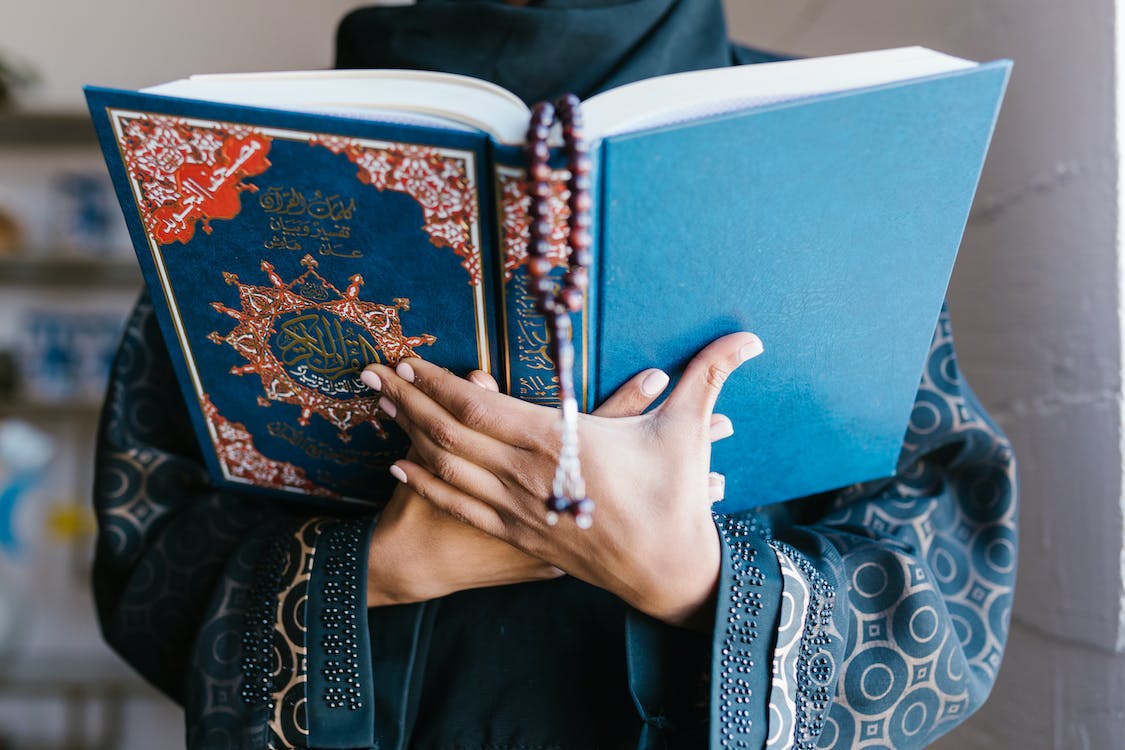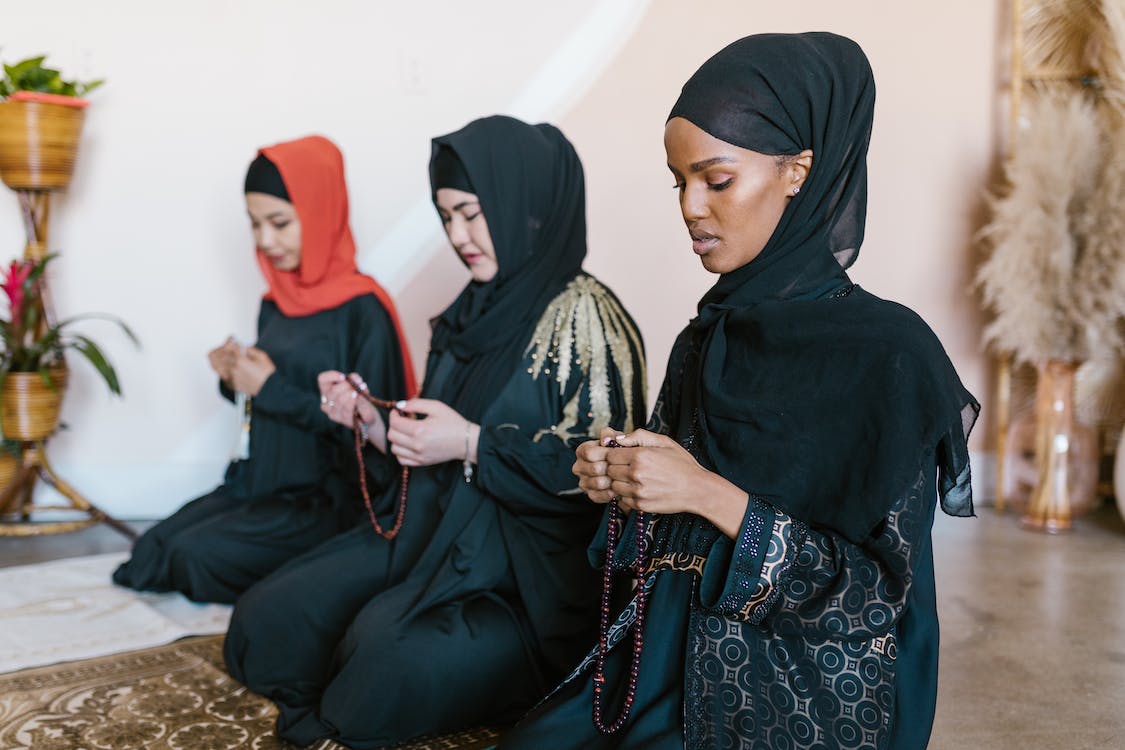Ramadan, a month of fasting and self-restraint from things deemed unhealthy for the mind and body begins on the 23rd of March this year, ending of the evening of the 21st of April. Those that fast must abstain from food, drink, and impure thoughts between sunrise and sunset, allowing them to focus on prayer and bonding with Allah.
Our project Officer, Uzma Hussain, and Finance & Business Support Officer, Farida Aduboahene have shared their personal experience with Ramadan, including daily routines and ways in which others can support those observing the fast.
Farida spoke "Ramadan is important to me because it is the greatest month for us Muslims to build a closer relationship with God. Ramadan is not only the month of fasting but also the month of tranquillity, spiritual growth, and good deeds. A lot of us find Ramadan really exciting as it is a time when we get to self-reflect and really focus on checking on our neighbours and helping one another."
But it is important to add that Farida noted "one common misconception is thinking that Ramadan is during a specific month. Islam follows the lunar calendar rather than the Gregorian calendar; the holiday’s date varies from year to year. This means that Ramadan advances by about ten days each year."
When discussing daily routine with Uzma, she spoke "A typical day in Ramadan starts around 3/4 am, roughly when we need to close our fast by eating and praying before the first prayer begins. Those that work like me would wake up for work, pray throughout the day and continue with our normal routine. Once I finished work, I would prepare food to open our fast, which would be around 8/9 pm roughly."
|
Uzma explains fasting allows her to appreciate the sorrow and suffering of millions worldwide living in poverty, leaving observing individuals feeling more grounded and appreciative of everything. "Ramadan is very important to me. It's a time for us Muslims to think about the less fortunate in the world and understand what they are going through with the lack of food and water. |
  |
Ramadan makes me feel blessed and makes me feel grateful that at the end of the day, we have food and water waiting for us. It's also a chance for us to seek forgiveness for our sins and be closer to God."
As Uzma refrains from consuming any food or liquid throughout the day, she details the positive and negative changes in her daily routine, while sharing her favourite aspects of Ramadan, the main challenges she faces, and strategies for overcoming them.
"You have to wake up in the middle of the night to close your fast, you wake up early for work, or some people choose to stay awake until work begins, so naturally, your sleep cycle changes.
Throughout the day, you will just feel demotivated and dehydrated due to the lack of water, so you will take more breaks to steady yourself. At the beginning of your first few fasts, you complain and feel tired, but your body eventually gets used to it.
One of my favourite parts of Ramadan was, weirdly enough, waking up in the middle of the night to close my fast because you really see the different sides of your family members who are grumpy and tired at that time, so it's very funny to see in all honesty.
Another favourite part is opening our fast; my family would all sit around the table together and eat at the same time (which doesn't happen very often in my family), so it's a nice time for us all to bond and experience the same feelings together."
|
Fasting will undoubtedly have an impact on employees' productivity and concentration levels. Employers must understand the challenges that their staff face during Ramadan. "Ramadan is very important to me. It's a time for us Muslims to think about the less fortunate in the world and understand what they are going through with the lack of food and water. |
  |
"I get asked, "you can't even drink water?" people think we are allowed to drink water, but that is not the case. we cannot drink any fluids as that will break the fast" Farida added, "Ramadan is about self-discipline, not being able to eat or drink from dawn to dusk; it is an eye-opener and a way to better understand people who unfortunately do not have that option. You really start being more grateful for what you have, more appreciative and also learn to stop taking things for granted. During this time, you also learn to give things out to the people that need it the most."
"People who are not fasting around you should be patient with you during this time as you're going to be tired, hungry, thirsty, and not have enough energy. The company you work for should provide you with a space to pray privately and facilities to cleanse yourself for prayer. I also think people asking questions about Ramadan to learn more about it is supportive as you want to help people to understand more about your religion."

